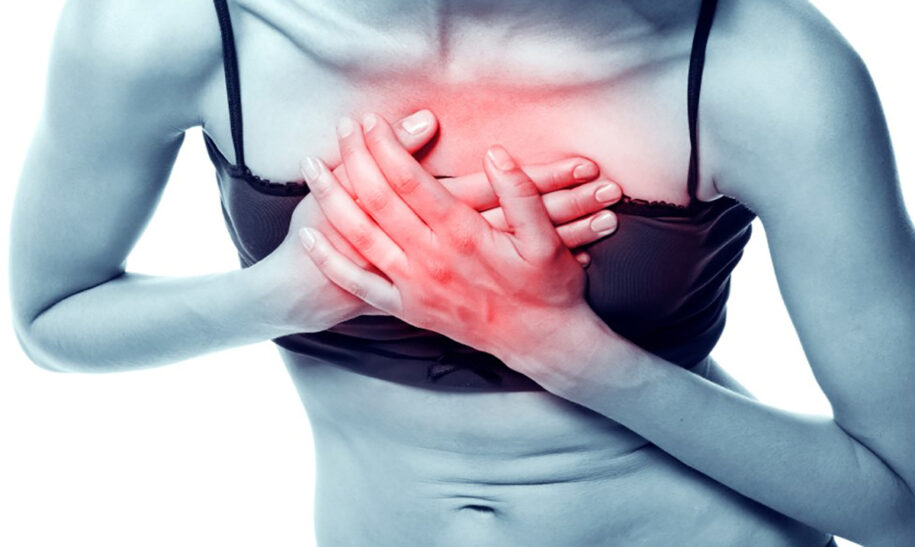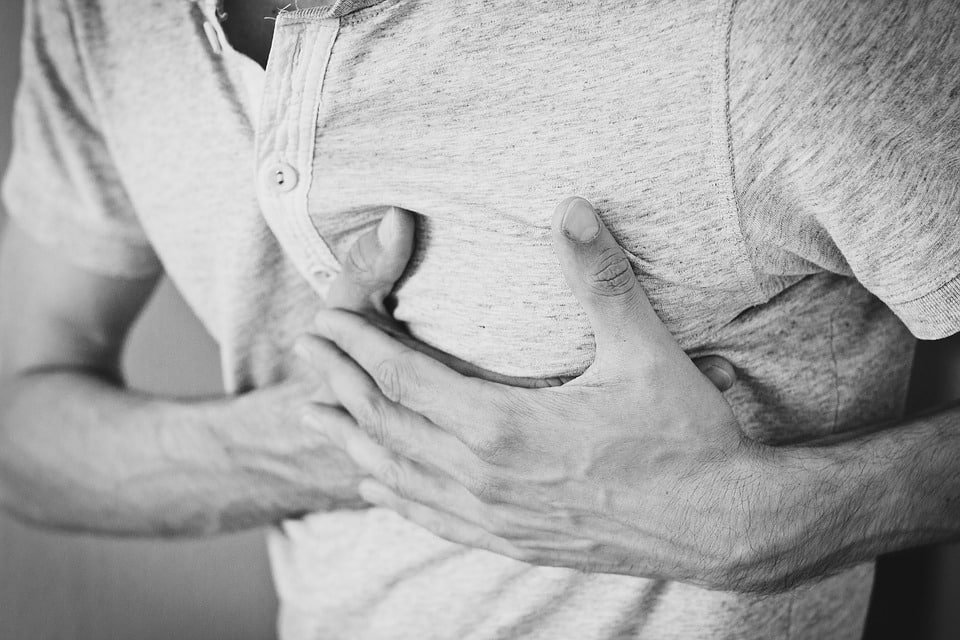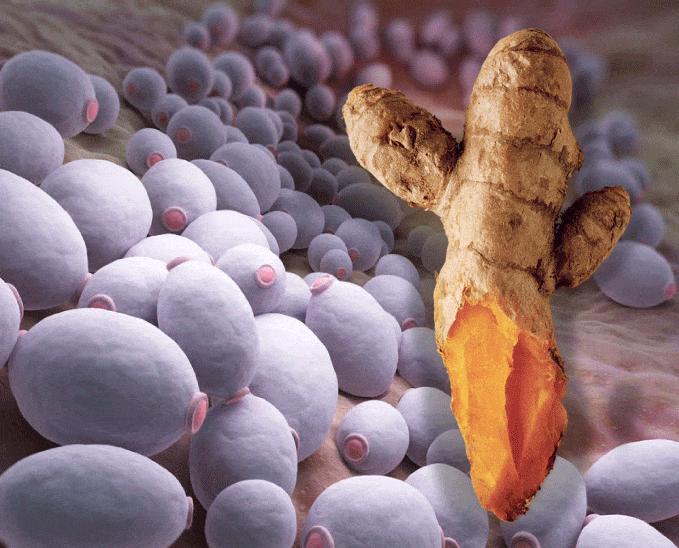
WARNING: If You Have These 6 Symptoms, You Could Have A Heart Attack In The Next Month
With nearly half of all heart attacks occurring outside of the hospital, early detection can be the deciding factor when it comes to survival. Knowing what to watch out for, and listening to the signs, can save your life!
The statistics are staggering, and yet so many Americans are still unaware of the signs that can save their life, or the lives of those they love. The Center for Disease Control and Prevention conducted a study into heart attack sufferers and found that 92% of those who experienced a heart attacked had also experienced chest discomfort as an early symptom of a heart attack, however only 27% of those individuals recognized this as a warning and knew to call 9-1-1.
With heart disease responsible for 1 in 4 American deaths in 2008, the risk is too big to keep quiet!

The Center for Disease Control and Prevention recognizes some risk factors for heart attack that are worth acknowledging. They identify the three major causes of heart attack as high blood pressure, smoking and high cholesterol. They also warn that conditions such as being overweight, poor diet, physical inactivity, excessive alcohol intake and diabetes increase your risk factor.
So, what can you do to protect yourself? Know, and watch for, these 6 Signs….
These 6 signs are early indicators of heart attack, possibly warning you as much as a month before it strikes!
- Shortness of Breath
The lungs and heart are very closely tied to one another in their function. For this reason, if the heart is struggling the lungs in turn are not receiving the oxygen that they require to function. This leads to difficulties with breathing, and the feeling of being short of breath.
- Fatigue
The heart is forced to work hard to try to keep up with its regular functions when the arteries begin to close. For this reason, even the most basic of activities can leave you feeling exhausted with no reasonable explanation (that you were aware of before now). This may be noticeable in the need to sleep longer, struggling to wake up in the mornings, or the need to take naps frequently throughout the day just to keep moving forward.
- Dizziness
When your heart function is compromised, it is unable to maintain the necessary level of oxygen within your blood. This causes feelings of light-headedness and dizziness. If you are ever feeling unexplainable dizziness seek immediate medical attention!
- Chest Discomfort
This sign may or may not be present in every case. It is possible to have a heart attack without feeling any discomfort in one’s chest, and in fact is a typical occurrence in female sufferers.
Any type of discomfort in your chest should be a warning sign, whether it is occurring during physical activity or while you are completely at rest. Watch for any of the following types of chest discomfort:
- Burning sensation
- Pinching
- Pressure in or on the chest
If you are unsure, it is better to be safe than story! Consult a medical professional as soon as possible!
- Swelling
As the heart struggles to pump the necessary blood through your body, you may experience a bloating-life effect. Specifically pay attention to your extremities including your feet, ankles and legs. A blue tinge may also be visible in your lips or in the extremities which is called Peripheral Cyanosis.
- Persistent Cough
This isn’t referring to the cough that you get for a day or two when battling some sort of respiratory bug, or the short-lived cough that comes from walking into an overly dusty room. This is a cough, without other supporting signs of illness, that doesn’t seem to go away. Pay attention also for white or pink mucus. As the heart struggles to supply an adequate amount of blood to the body it can begin to accumulate in the lungs, causing the cough and potentially the mucus from blood leakage.











